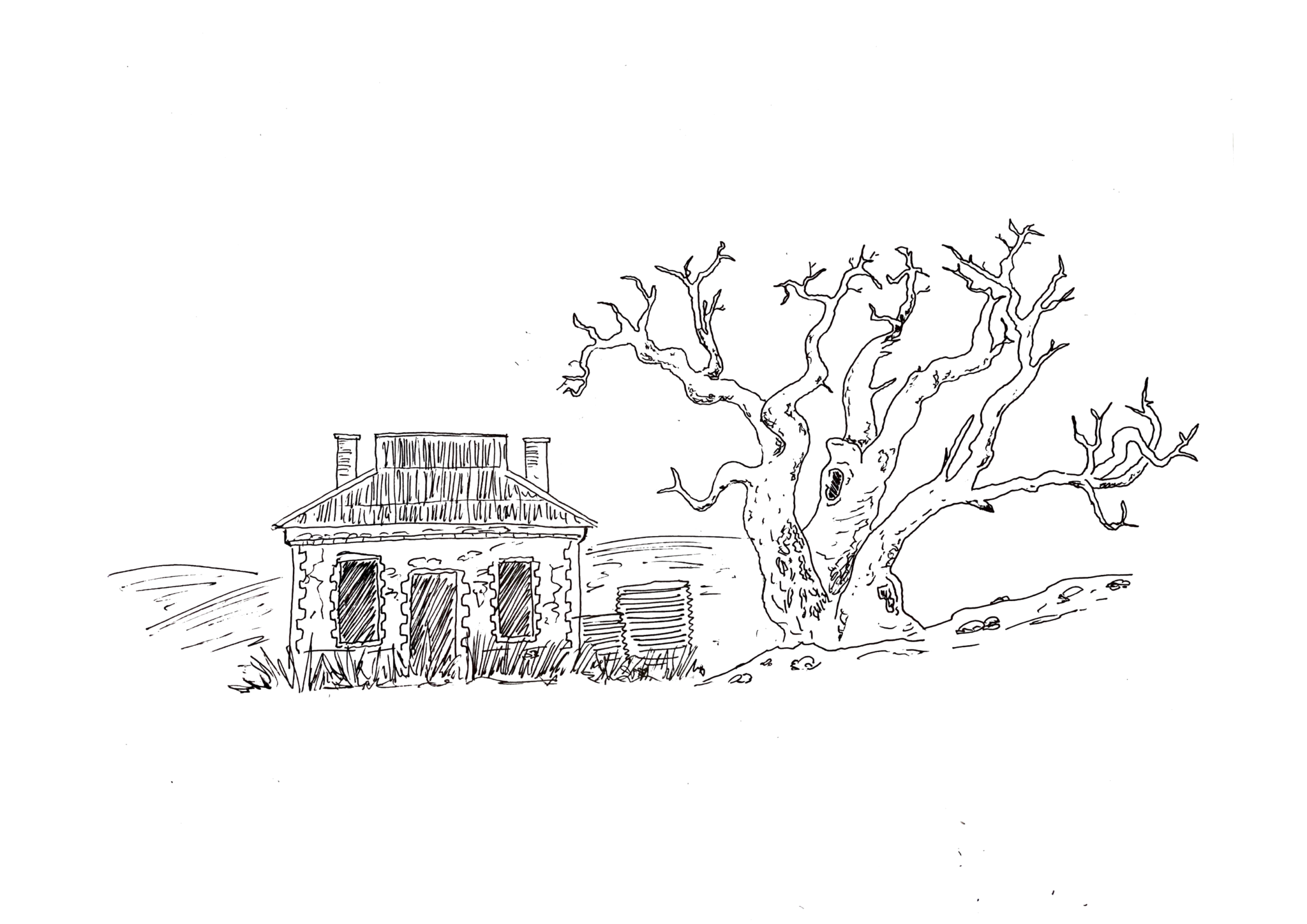Since the 2019 retirement of Professor Robert Dixon, the Chair in Australian Literature at the University of Sydney has been empty. At that juncture, a spokesman declared that they were “working to secure funding for an endowed Chair” in Australian Literature. Nearly five years later, the funds remain unallocated and the Chair is prominent on account of its emptiness. The current state of Australian Literature at this university seems to be just a yellowing photograph in the John Woolley building, fading slowly into nothingness. This is characteristic of much of the humanities. With rampant generalisation and cuts to many arts classes, it appears that the humanities, once the centre of University life, are now an afterthought.
Until 2017, students could major in Australian Literature. Now, there is only one Australian Literature unit left with an active unit of study page: ENGL3703, Australian Literary Ecologies. Between this and the occasional Australian novel in first-year English, there is a need for more opportunities to study Australian Literature at the undergraduate level. A 2021 Honi article highlights how units like Australian Gothic were marked as “indefinitely unavailable” in the complex world of academic bureaucracy.
The Association for the Study of Australian Literature wrote that the non-appointment of a successor to Dixon is to “lose a leader” in Aust-Lit studies, and risks losing the “enduring benefit” such a Chair provides. To forgo Australian literature courses is to deprive this university’s students of a fascinating and valuable opportunity to understand the country they live in. Students would also discover how the representation of Australian literature has shaped our national consciousness, and vice versa.
This decision has allowed the study of Australian literature to wither on the vine of expediency. Subjects, termed by the Undergraduate Studies Committee as “award courses,” are chosen by the Academic Board, who make representations to the Senate as to the “pattern of undergraduate award courses.” Once these Committees and Boards vote, courses are either created or wound up. The latter course of action seems pervasive in the context of Australian Literature. There are no longer courses in Australian modernist poetry, despite this country’s influence in that field. There are no courses either in the Australian novel, even though Australian writers produced, and continue to produce, novels that are unique in world literature. One must credit the University for preserving Australian Literary Ecologies, though it begs the question why they can only consistently run a single Australian literature course when Melbourne has just appointed Tony Birch as an endowed Chair in the subject that would allow him to give public lectures and use the academic sphere to promote Australian writing.
So, why study Australian Literature? It is a powerful lens through which we can interrogate and consider Australian culture. The real value of Australian literature is its uniqueness. It is a combination of First Nations storytelling, of the European tradition of the realists and modernists, and a contemporary literary culture that takes the experience of recent immigrants and combines it with living in modern Australia. In this mixture of differing cultural influences, each of which influences one another, one finds a distinct national literature that deserves close study so it can be properly understood.
Australian literature of all forms becomes a vehicle for national understanding. The power of teaching Australian Literature as a distinct University subject is that it sets it apart from the broader tradition of writing in English. An American university wouldn’t relegate Faulkner to the generalisation of an English language course, for that would dismiss his cultural context as an American writer. The same is true with Australian literature. Richard Flanagan and Patrick White aren’t just writers, they are Australian writers. Indeed, Patrick White said it was from Australia where he drew his “literary, his spiritual sustenance.” Australian Literature ought to be taught as a distinct discipline because Australian literature is distinct. It deserves interrogation within our unique cultural and historical context. In teaching the literature of this country students learn about its history and its people. In The Harp in the South’s microcosm of working-class life in 1940s Sydney, or Carpenteria’s expression of the identity of Queensland’s Indigenous communities, one finds uniquely Australian stories preserved in the written word. Texts like these and others are our cultural inheritance. They capture Australian life, and, if only for that reason, deserve to be given their own space within the academy.
Similarly, why is it that so many Australian history courses are available when there are so few comparative classes in Australian Literature? You cannot have one without the other. The study of Australia’s history has long been funnelled through a literary lens: much of the common perception of 19th-century Australia is due to Lawson and Paterson, despite their obvious inaccuracies. Similarly, the image of Australia in the ‘50s as a den of censorious philistinism owes itself to the way many Australians at the time responded to modernist literature. Without an understanding of Australia’s writing, it becomes impossible to understand our history. Even if the University doesn’t restore the full Aust-Lit major, the opportunity to teach more specific courses on the Australian novel, Indigenous writing, Australian poetry, and Australian writing generally is one too valuable to pass up.
Considering that the University was willing in 2019 to “secure funding” for an Australian literature Chair, it seems likely that the teaching of even a few non-survey units of Australian literature would be a welcome addition to the curriculum, and one that course organisers would not be necessarily opposed to. In a time when University courses have been plagued by increasing generalisation, the chance to restore specificity and depth cannot be passed up. Though Australian Literature is just one of many humanities disciplines marred by the scythe of the generalist, its disappearance testifies to the larger problem of generalisation and practicality at the expense of value that seems to be at the heart of arts education in this country.





